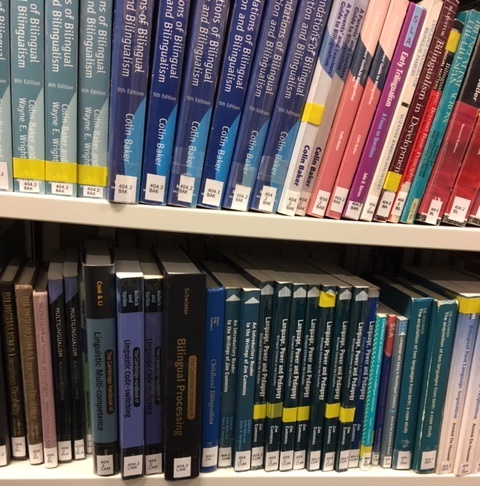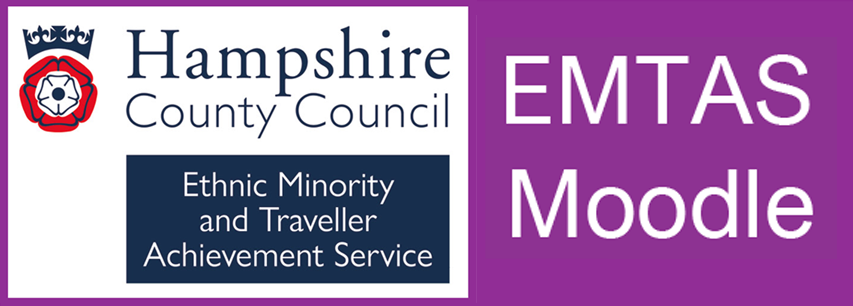Blog entry by Astrid Dinneen
Anyone in the world
Sarah Coles shares the second instalment of a journal-style account of her reading for the literature review and methodology chapters of her PhD thesis.

Week 3, Autumn 2018
Week three of the PhD experience and this time I dwell on second language acquisition in early childhood and whether or not there is a difference in one’s eventual proficiency in a language due to acquiring it simultaneously or successively in early childhood. Simultaneous bilingualism is where 2 (or more) languages are learned from birth, ie in a home situation where both languages are more or less equal in terms of input and exposure, a child would develop 2 first languages. I am not volunteering to try and explain this to the DfE, who seem thus far only able to comprehend home situations in which children are exposed to just the one language, but maybe some followers of this blog don’t find it such a strange notion. If so, then perhaps they are in the company of researchers who suggest children growing up in this sort of situation proceed through the same developmental phases as would a monolingual child, and they are able to attain native competence in each of their languages. I personally think there are many variables at play in any teaching and learning situation, things like motivation, confidence, opportunity, resilience and the like, and they all play a part in our lifelong learning journeys. I also think the concept of “native competence” is problematic. What do we mean by that term? How are we measuring it? Do we mean just listening and speaking or reading and writing as well? What about the different registers – does – or should - fluency in the language of the streets count for as much as academic English delivered with Received Pronunciation? Who says so? Then I consider the many monolingual speakers of English I have known; they are not all comparable in their competence in English, despite experiencing a similar sort of education as me, many of them over a similar period of time. Thus ‘native competence’ is not a fixed, immutable thing – in an ideal world, you don’t stop developing your first language skills when you meet the ARE for English at the end of Year 5, do you? ‘No’, I hear you chorus, clearly agreeing with me that it’s a moveable feast. So now even the yardstick implied by the term “native competence” is starting to look a bit flimsy and unfit for purpose. Funnily enough, it wasn’t nearly so problematic until I started all this reading.
Moving swiftly on: if, however, two or more languages are acquired successively, a very different picture emerges from the literature. It has been argued that in successive bilingualism, learners exhibit a much larger range of variation over time with respect to the rate of acquisition as well as in terms of the level of grammatical competence which they ultimately attain. In fact it is doubtful, asserts a guy called Meisel writing in 2009, that second language learners are at all capable of reaching native competence and he says the overwhelming majority of successive bilingual learners certainly does not. Controversial or what? And Meisel is not on his own here; there are many people who agree with the “critical period hypothesis” which essentially boils down to the idea that there is an optimal starting age for learning languages beyond which, and no matter how hard you try, you will never become fully proficient (whatever that means). Johnson and Newport (amongst others) say this age is between 4 and 6 years - which makes me feel a bit downhearted, like I have completely missed the bilingual boat here. Curses.
It all makes for a rather depressing prognosis for older EAL learners, those late arrivals for instance, yet we know from other research that those of our EAL learners who’ve had long enough in school in the UK can achieve outcomes at GCSE that are comparable with their English-only peers, and this can only be a Good Thing, opening doors for them as they go through their teens and into adulthood. For next time, I will try to read something more uplifting, though I expect whatever that turns out to be it will raise more questions than it answers. Keep tabs on the journey as it unfolds using the tags below.
[ Modified: Thursday, 24 October 2019, 9:42 AM ]
